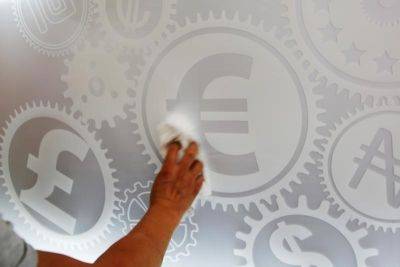We balanced domestic interests with our trade needs at the WTO
India being on a path to become the world’s third largest economy, with annual growth predicted at above 6% (double the world average) for the next two years, cannot be ignored in multilateral trade discussions. At the same time, our trade negotiators had a tough job balancing the interests of different domestic stakeholders with the changing dynamics of global trade and geopolitics, with India’s aim of playing a key role in resilient global value chains forming an important part of the context.
In the recently concluded 13th Ministerial Conference (MC-13) at Abu Dhabi of the World Trade Organization (WTO), the Indian trade negotiating team led by commerce minister Piyush Goyal deserves a round of applause for striking a delicate balance of protecting the interests of domestic stakeholders, supporting initiatives that can help promote the exports of small and medium enterprises (SMEs) and making India’s voice heard at the WTO. While many delegates from member countries left after the conference’s scheduled end, the Indian delegation stayed back till the actual end and contributed as a key player to the final MC-13 Declaration.
The Indian team has successfully protected our domestic policy space on industrial policy and blocked the Investment Facilitation Development Agreement, for which more domestic consultations would be needed. At present, views differ among experts and policymakers in India on a large-scale investment agreement and its modalities.
India is engaged in negotiating bilateral investment agreements with major investing countries and trusted trade partners. The run-up to the MC-13 witnessed farmer protests, and India did not yield ground on a permanent peace clause on the procurement of foodgrain for our
. Read more on livemint.com





















